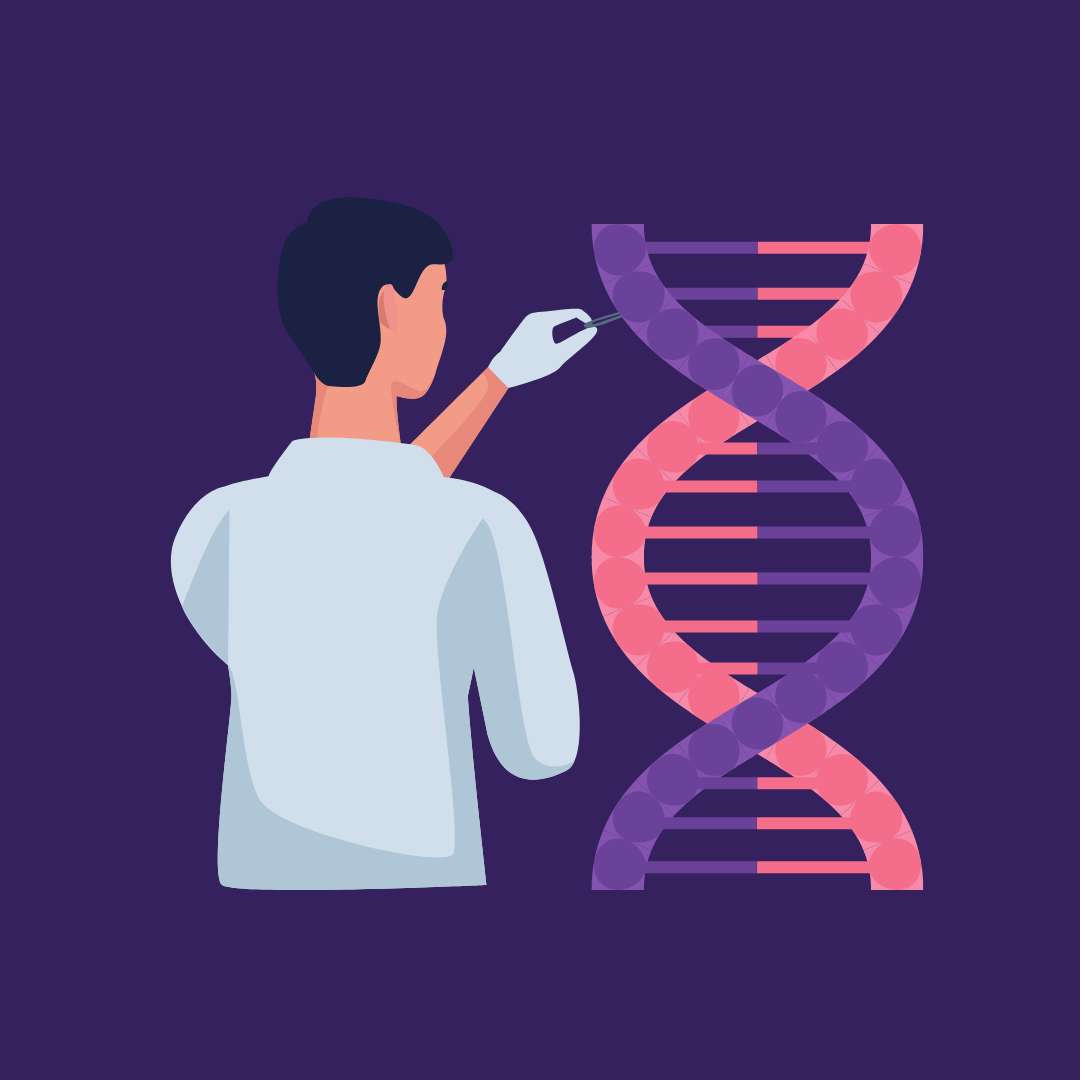Aggregated News

An understandable ethics outcry greeted the June announcement of a software platform that offers aspiring parents “genetic optimization” of their embryos. Touted by Nucleus Genomics’ CEO Kian Sadeghi, the $5,999 service, dubbed “Nucleus Embryo,” promised optimization of traits like heart disease and cancer resistance, as well as intelligence, longevity, body mass index, baldness, eye color, hair color and left-handedness. It also promised to weed out what makes someone an alcoholic.
That left one commentator, a venture capitalist, feeling “nauseous.” Critics worried that it “treats children as marketable goods.” More than one reference to “designer babies” and “eugenics” naturally followed. “The GATTACA Future Is Here,” read one headline, referencing the classic sci-fi film from 1997 that imagined a dystopian future where genetically engineered “Valids” reign supreme over the “In-Valids” who were conceived the old-fashioned way.
As professional bioethicists, we would have those same concerns—if Nucleus Embryo actually did what it claims. But it doesn’t. The cinematic analogy to Nucleus Embryo isn’t GATTACA. It’s The Dropout...



